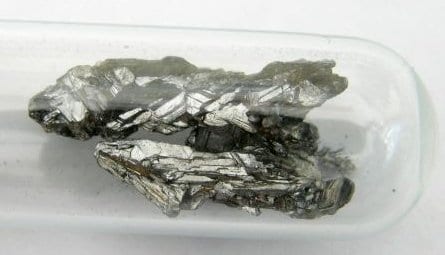Safe drinking water in Mexico: a project by EWB-UCL
By Nick J Booth, on 28 January 2016
On Friday 5th February the student society Engineers Without Borders UCL will be hosting a special event in the Rock Room focusing on one of their successful projects. Between 12.30 – 4.30pm members of the society will be on hand to talk to visitors, who will also get the opportunity to inspect museum specimens from the Grant Museum, UCL Art Museum and UCL Geology Collections which relate to the subject of their project – providing safe drinking water to a rural community in Mexico whose drinking water was contaminated with fluoride and arsenic.
UCL Engineers Without Borders’ mission is to ‘facilitate human development through sharing engineering and technical expertise in the developing world’. It is open to everyone to join, not just those with an engineering background and in 2014-15 it was involved in nine development projects across the world.
I met the society’s president, Gabriela May Lagunes, last summer at UCL’s Spark Fest, where I saw her talk about the society’s projects. I was really impressed, not just by her presentation (which was great), but also by the fact that a student society at UCL is so involved in development projects like this. These are students, studying full time, who volunteer to help people across the world who are suffering. If I’m honest, I felt slightly ashamed that I hadn’t done anything so worthwhile when I was an undergrad.
The event will focus on the project based in San Miguel de Allende, Mexico, which saw the society design a rainwater harvesting system to provide safe drinking water for a poor rural community. Their water was contaminated by fluoride and arsenic, both of which are incredibly bad for your health. The World Health Organisation lists the following dangers associated with 5-20 years exposure to arsenic in drinking water: “skin problems (such as colour changes on the skin, and hard patches on the palms and soles of the feet), skin cancer, cancers of the bladder, kidney and lung, and diseases of the blood vessels of the legs and feet, and possibly also diabetes, high blood pressure and reproductive disorders.”
As part of the event Professor John McArthur from UCL Earth Sciences will be on hand between 1-1.30pm to talk about his projects looking at arsenic use in Bangladesh and India. Professor McArthur is one of the founders of the London Arsenic Group, and has been involved in arsenic research since 1998. While talking to him about this project he introduced me to the story of the arsenic eaters of Styria (now part of Austria), who used to eat arsenic for health benefits, and the effect it had on their complexion. Apparently this in turn led to its increased use in the west in medicines and cosmetics, as the “’clear and blooming complexions’ and full rounded figures of the young Styrian peasant women” became better known.
So join us on Friday 5th to hear more about UCL Engineers Without Borders work, view some deadly museum specimens and talk to an expert on the subject.
Nick Booth is one of the Curators of the Teaching and Research Collections.
One Response to “Safe drinking water in Mexico: a project by EWB-UCL”
- 1
 Close
Close




[…] Charles Nzuki, Chief of Field Office in UNICEF, said the facilities would ensure access to safe drinking water in the two council […]